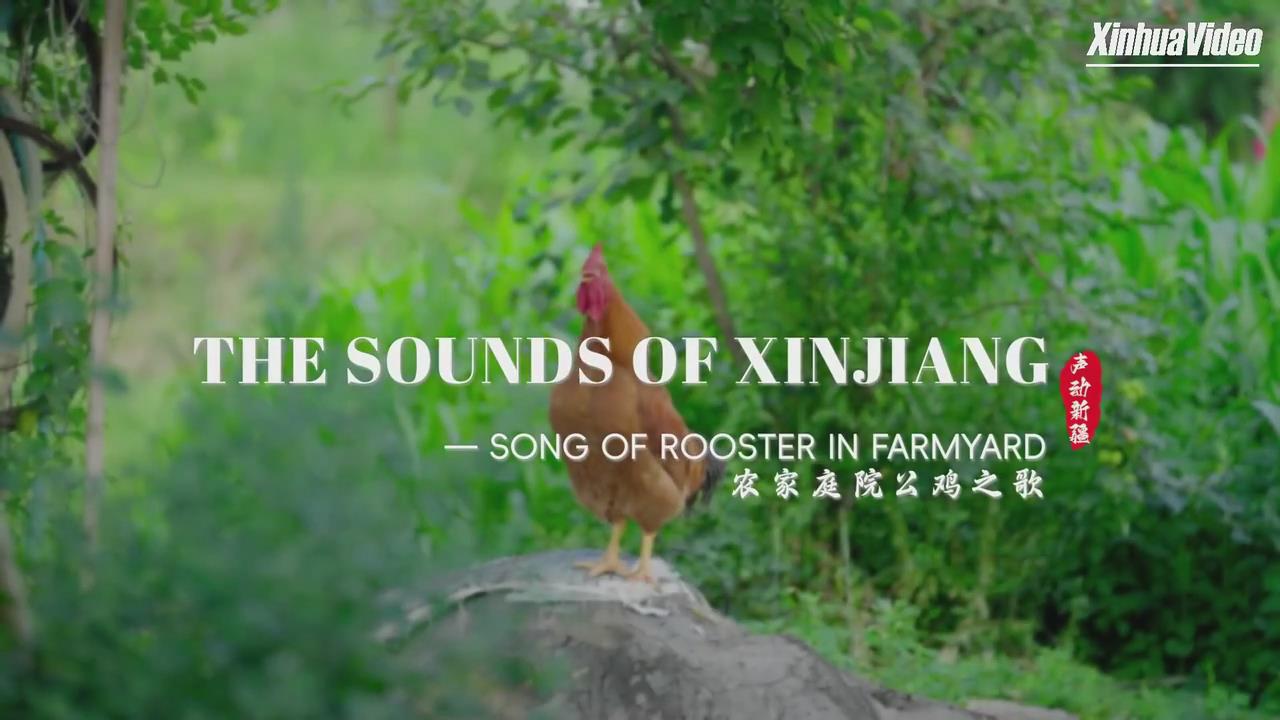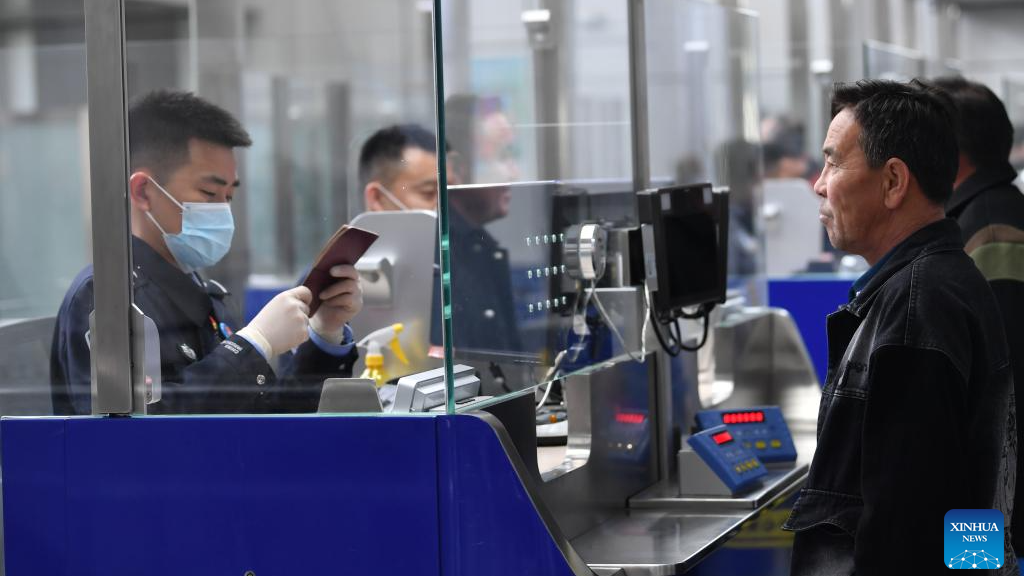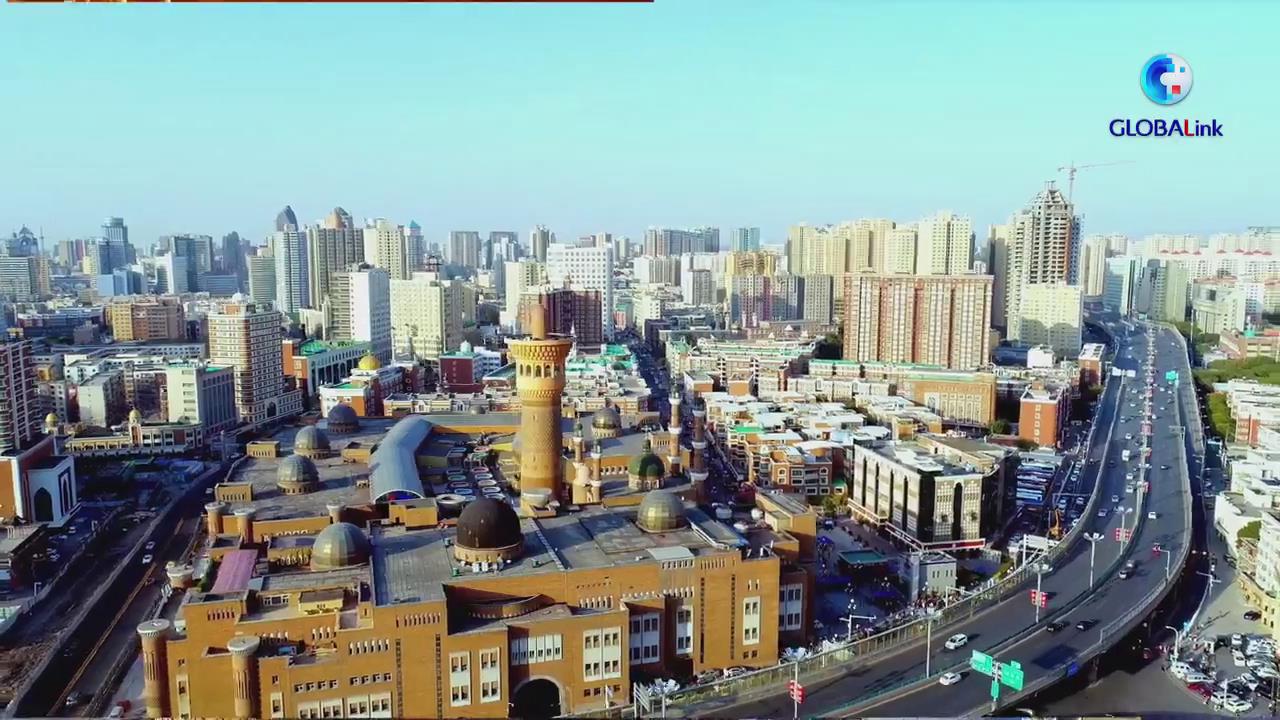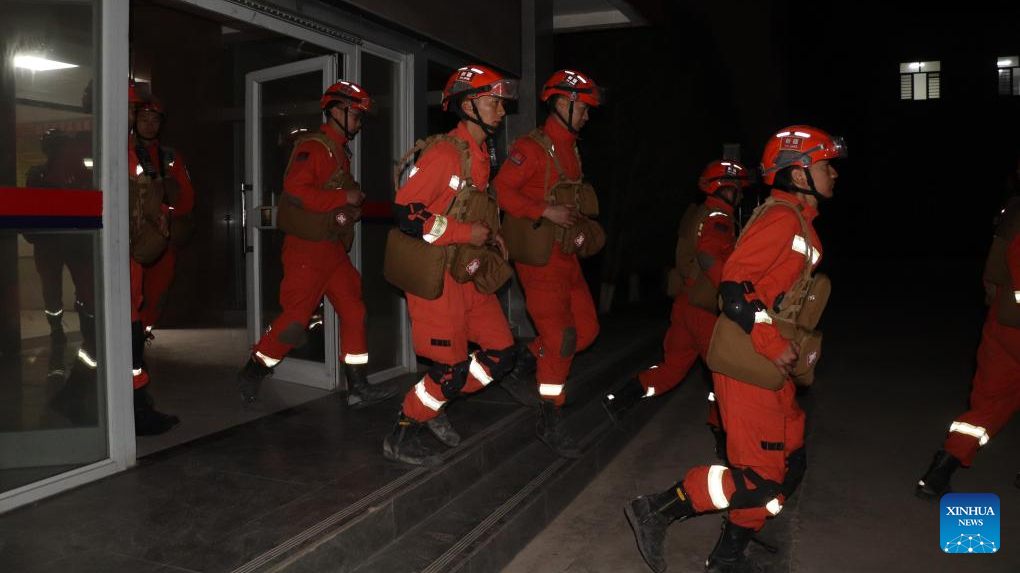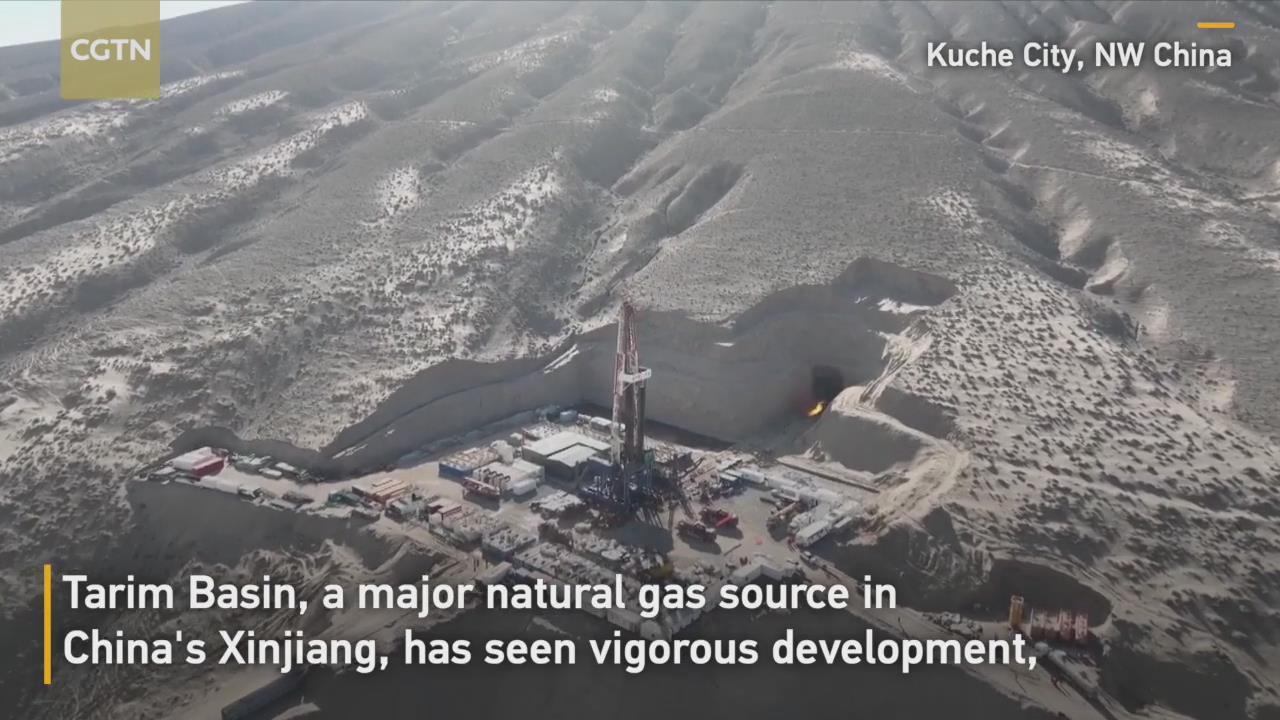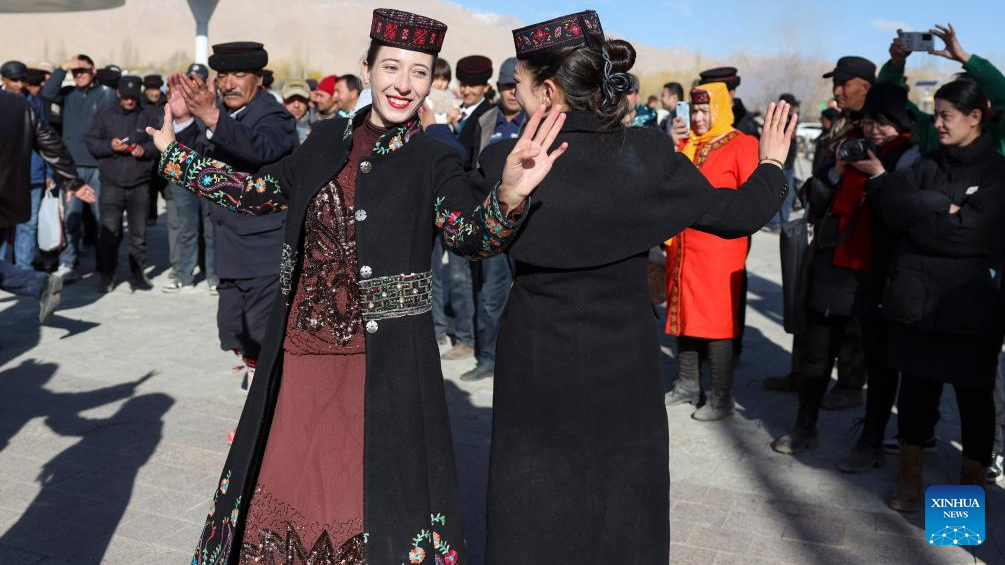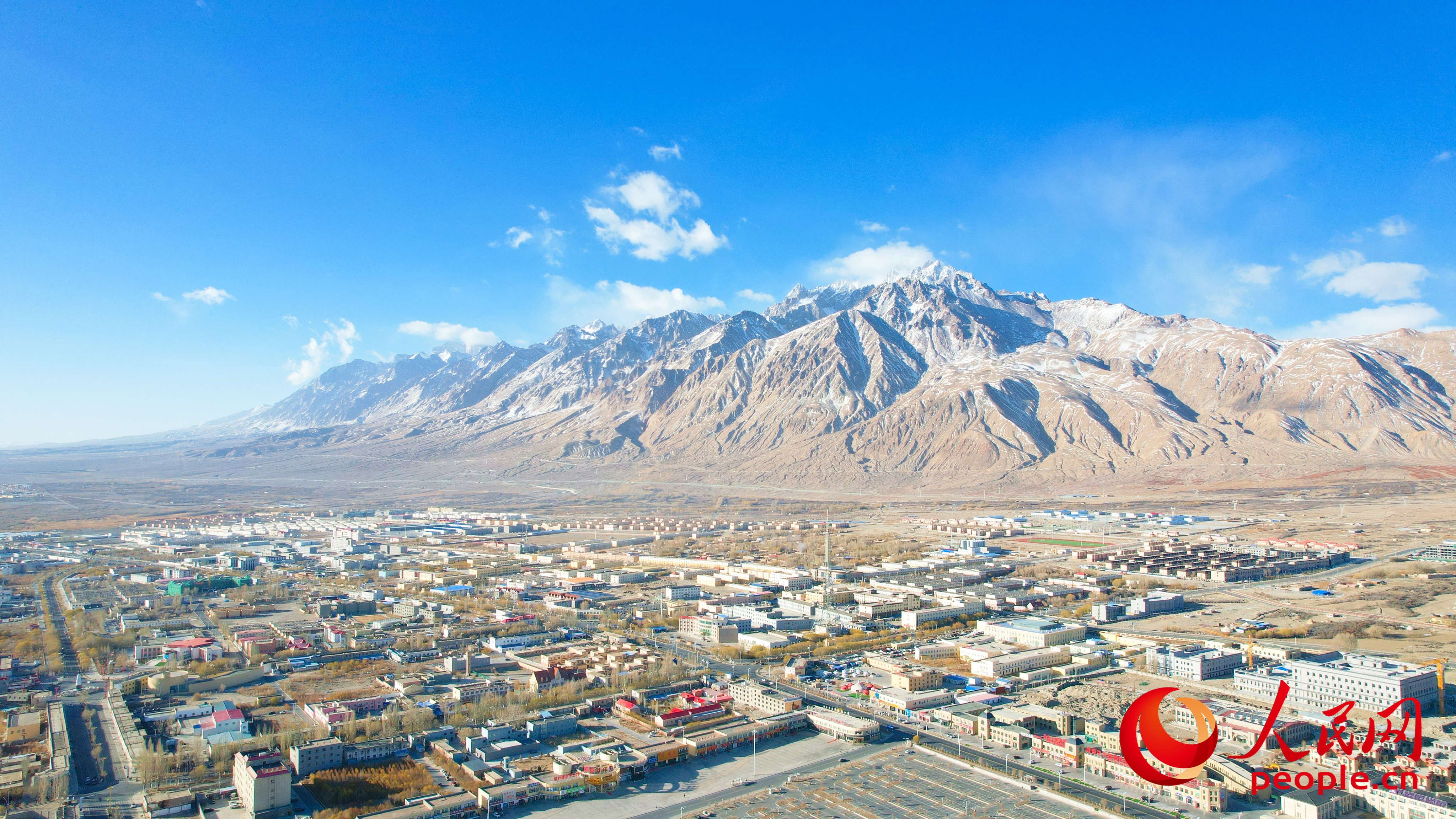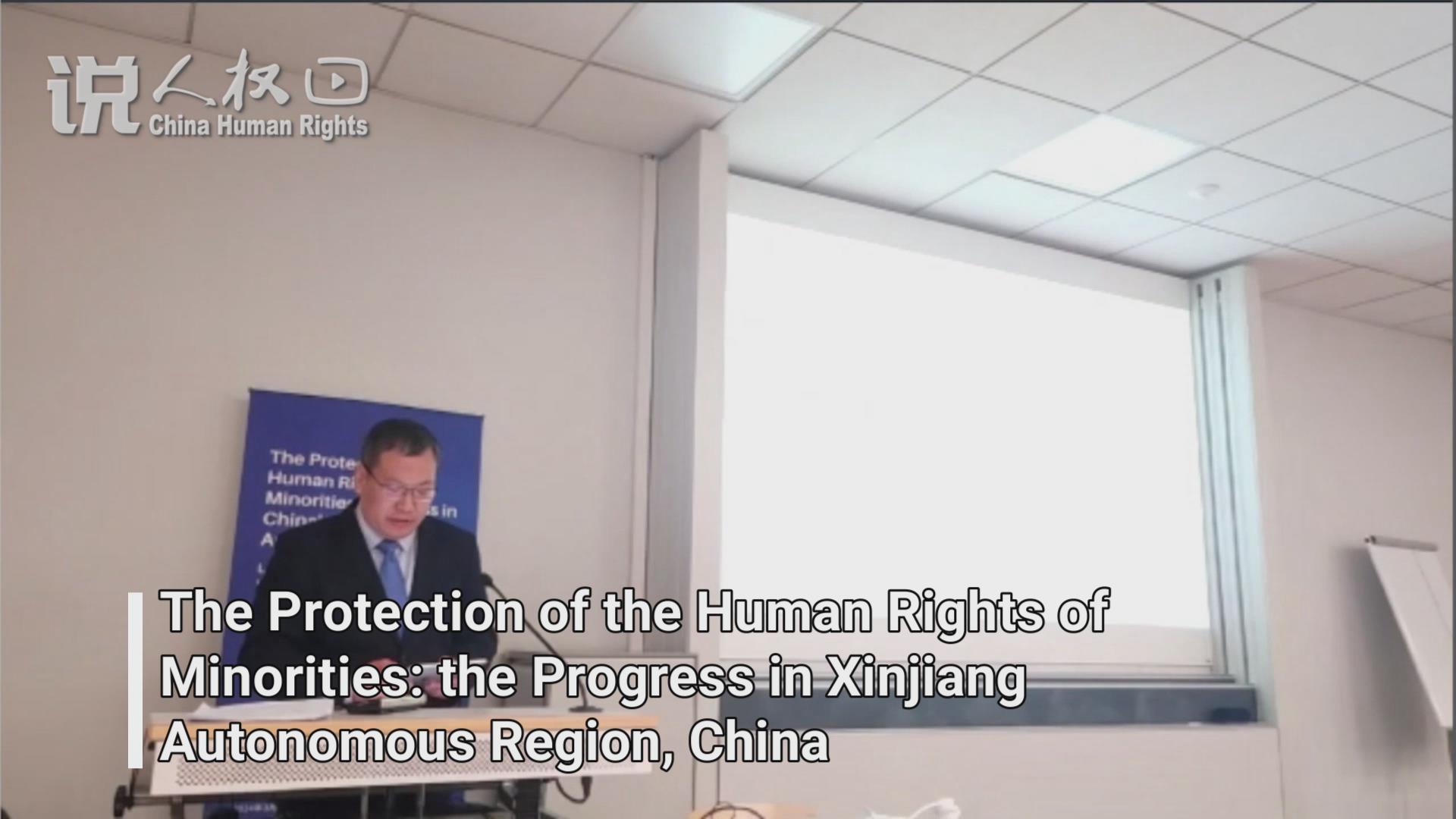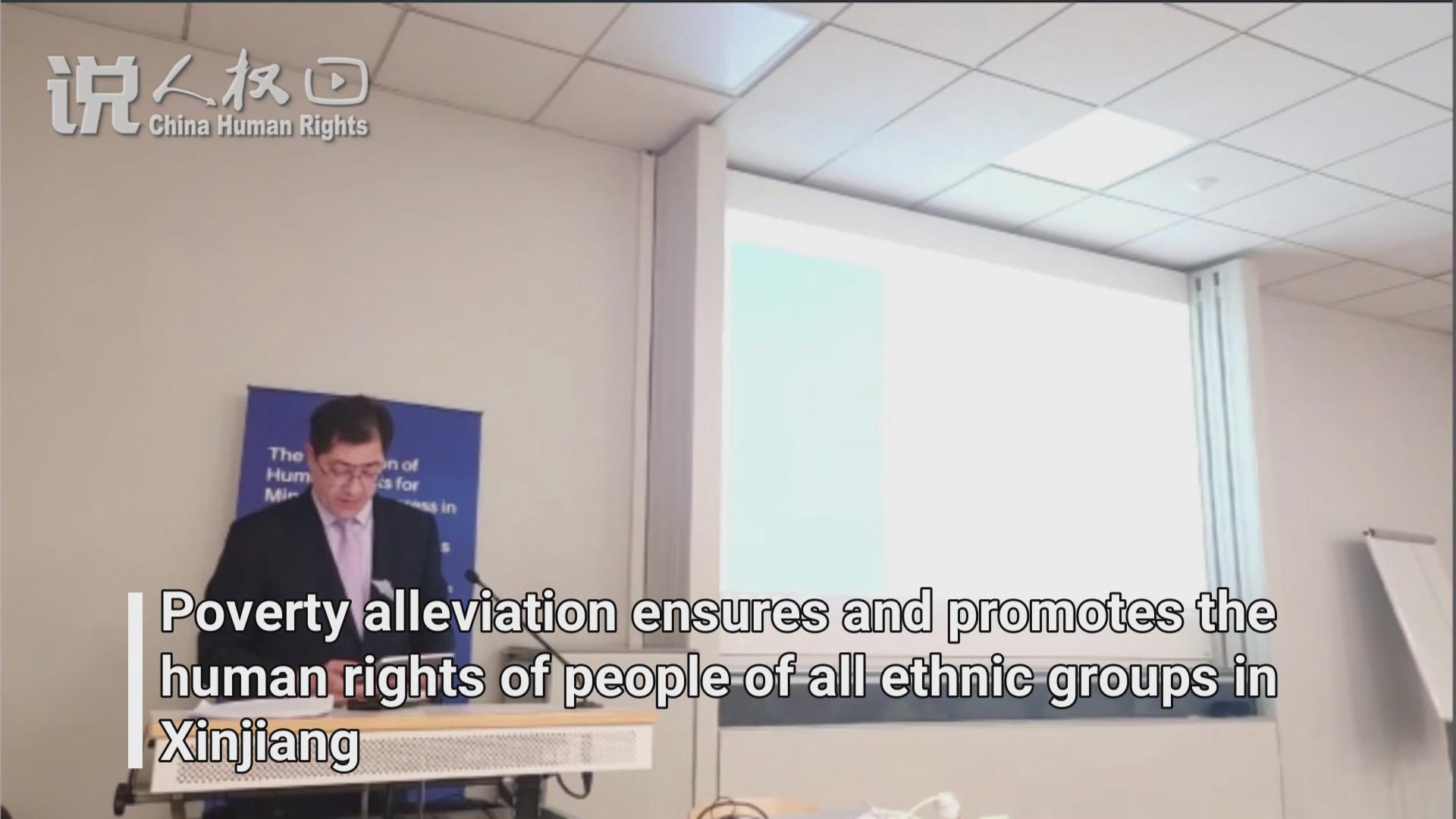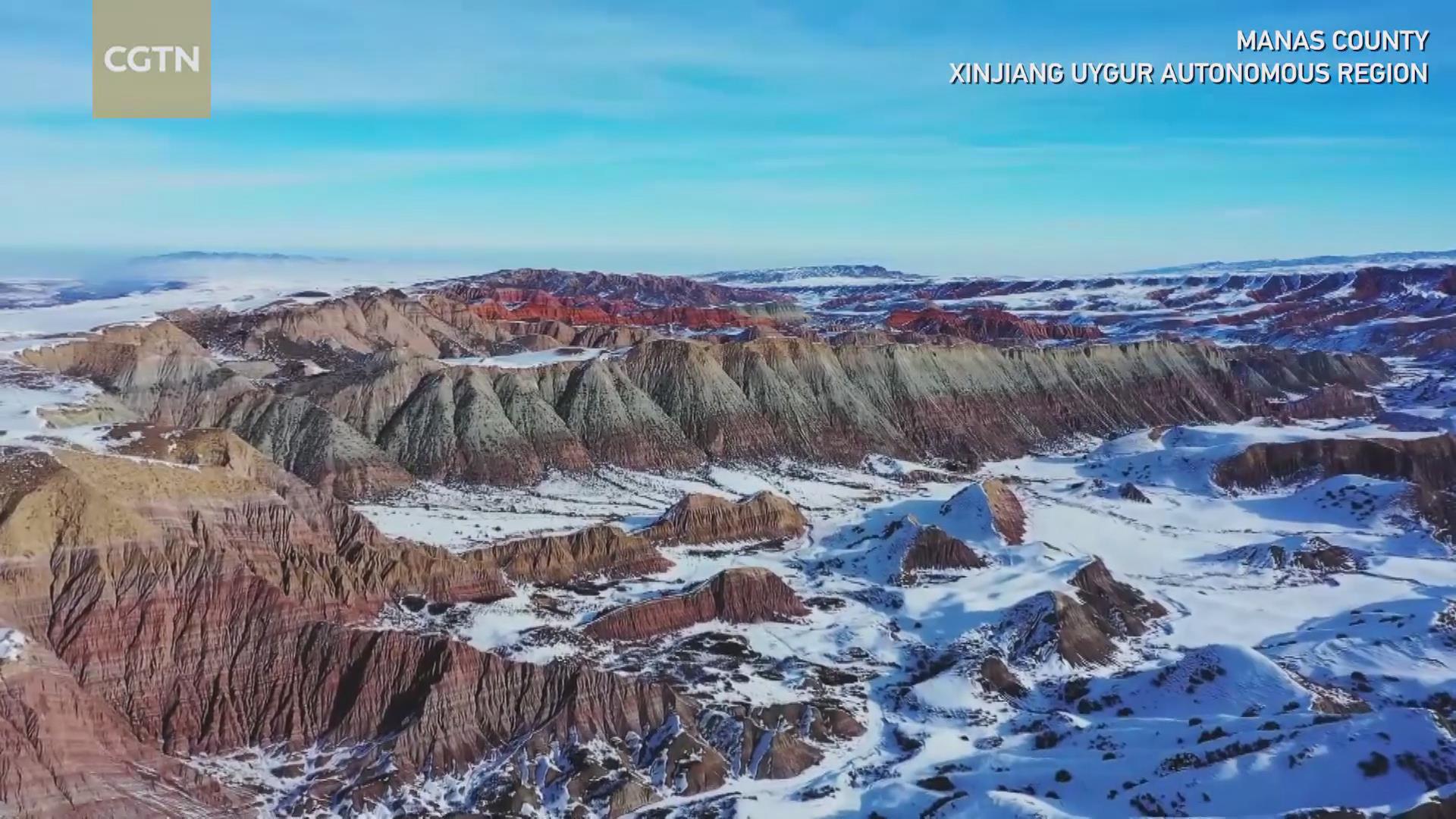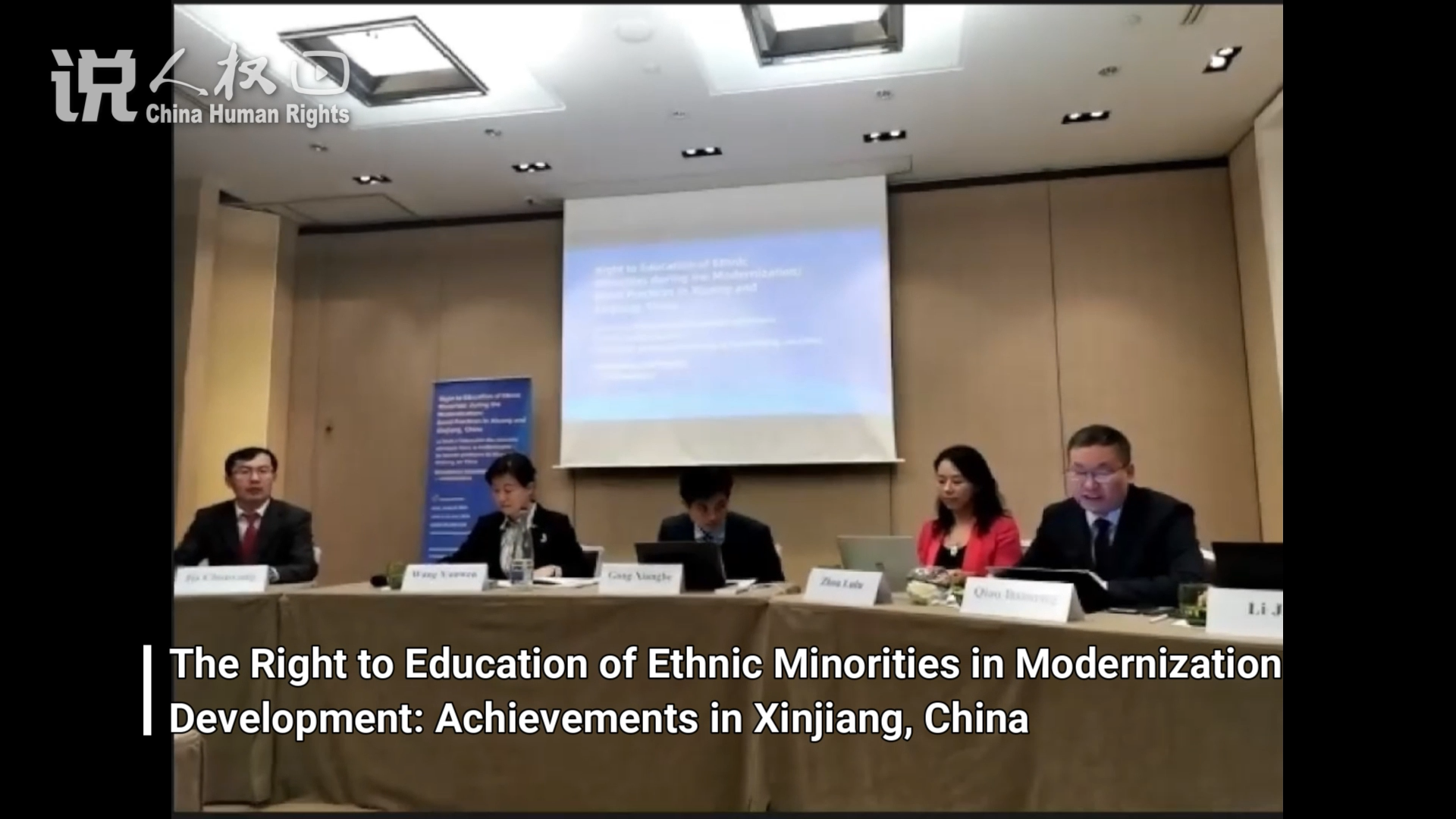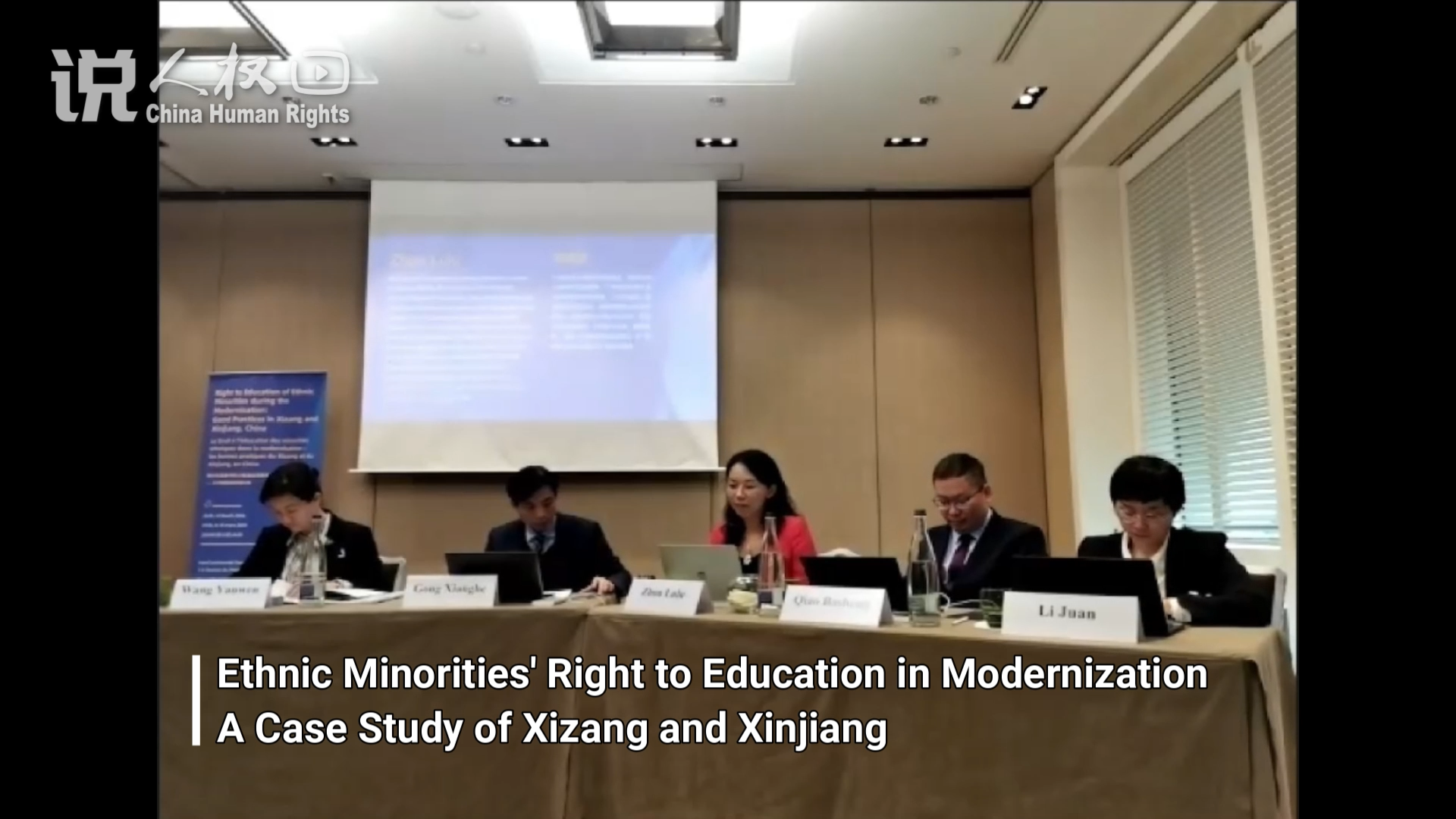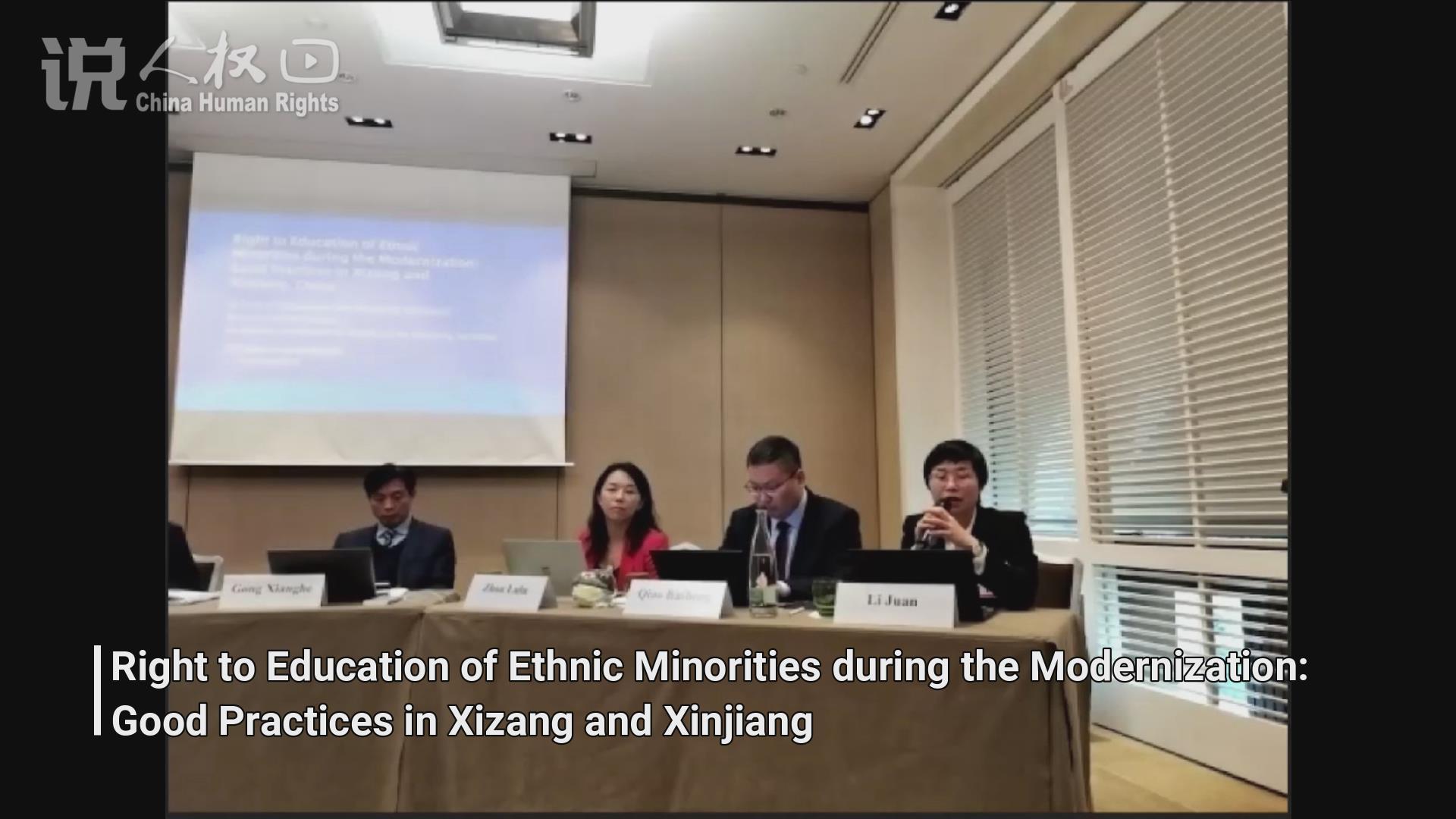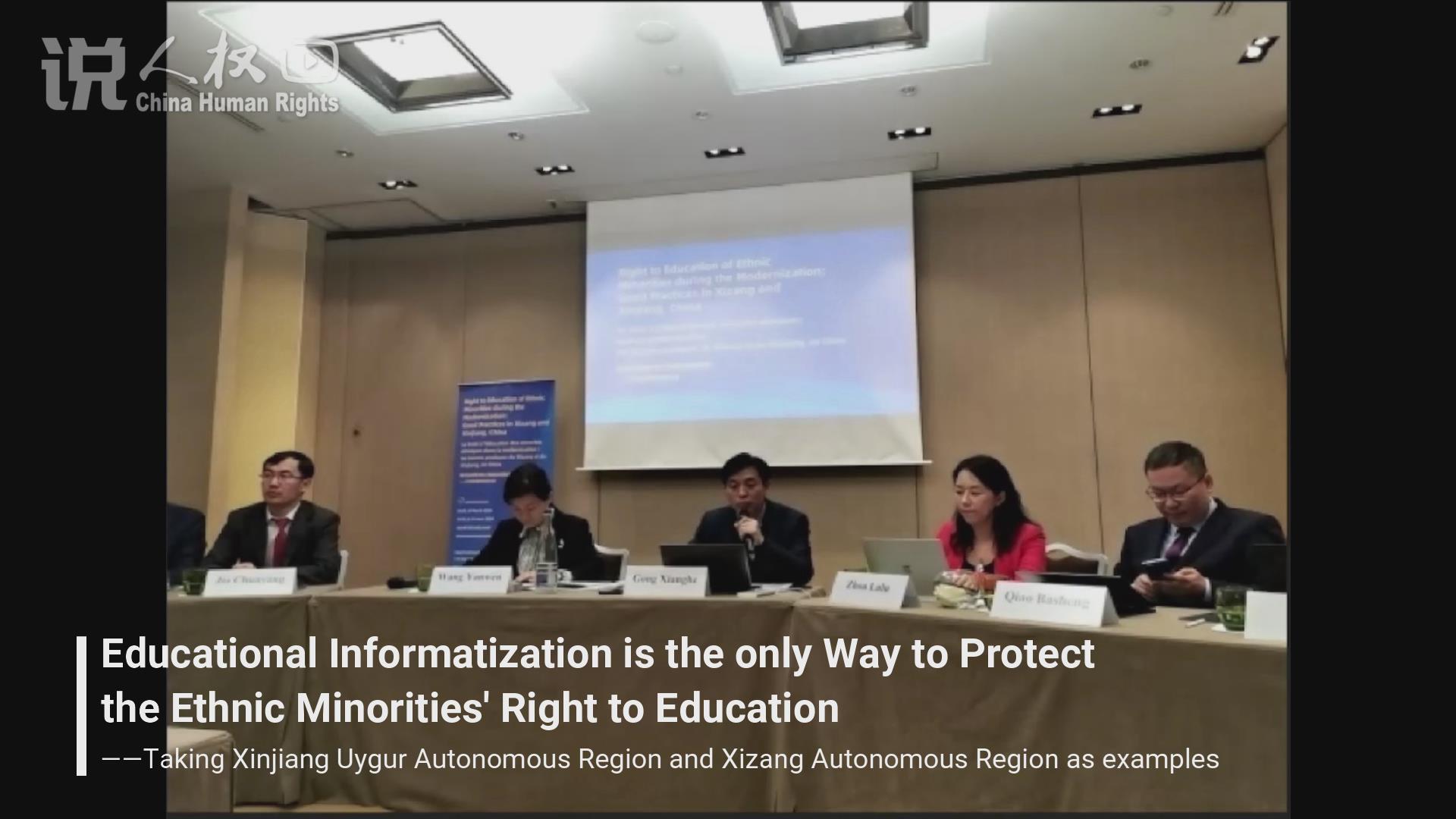The imports and exports in Northwest China's Xinjiang Uygur Autonomous Region witnessed a robust growth, reporting the second highest growth rate among all provinces in China, which indicates increasingly dynamic trade with its partners.
Xinjiang's total foreign trade was 357.33 billion yuan ($50.42 billion), a year-on-year increase of 45.9 percent, ranking second in China in terms of growth, according to the government's press conference of foreign trade on Tuesday.
Growth was reported to be 45.7 percentage points higher than the overall national growth rate, and it is the first time in the history of Xinjiang's foreign trade exceeding 350 billion yuan.
Xinjiang's foreign trade has achieved double-digit growth in monthly imports and exports for 26 consecutive months, according to the meeting.
Specifically, in 2023, there were 2,972 foreign trade enterprises with stellar import and export performance in Xinjiang, with a year-on-year increase of 23.8 percent.
The private sector accounted for the majority of trade, as foreign trade from private enterprises accounted for 93.2 percent of Xinjiang's total foreign trade, and drove Xinjiang's foreign trade volume growth by 44.3 per cent year-on-year.
The rapid growth of labor-intensive products and mechanical and electrical products was the main highlight of Xinjiang's exports in 2023, with year-on-year growth of 39.1 percent and 63 percent respectively, accounting for 85.7 percent of Xinjiang's total foreign trade during the period, the meeting said.
In 2023, Xinjiang conducted trade with 192 countries and regions around the world, and the trade with Malaysia has realized 187 percent surge.
To better advance reform and opening-up, China's State Council in October issued a plan to establish the Xinjiang Pilot Free Trade Zone (FTZ). On November 1, the Xinjiang FTZ, the first in China's northwestern border regions, officially commenced operations.
China will step up efforts to build the FTZ into a model for promoting high-quality development in its central and western regions and a pivotal hub for Xinjiang to integrate into the "dual circulation" of domestic and international markets, according to the plan.





